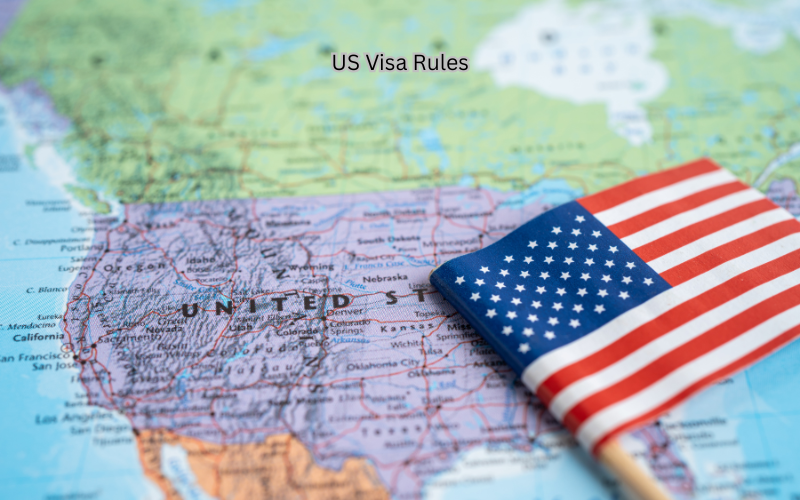
Despite legal challenges, the Trump administration consistently sought to enforce harsher laws regarding international students. For many international students studying or planning to study in the United States, this produced an atmosphere of ambiguity and confusion.
Over 4,700 international students had their visas revoked or their legal status terminated as a result of the administration’s measures starting in March. The academic community’s concerns were further heightened by a number of detention incidents. The State Department simultaneously announced a more active emphasis on Chinese scholars owing to national security concerns, even if a nationwide court ruling provided some temporary relief and several detained persons were released from ICE custody.
Despite opposition from the courts, the government stepped up its attempts. Future overseas students may be hampered by the delay in setting up interviews for new student visas. Plans were also in place to increase the examination of applicants’ social media accounts.
The uncertainty was increased by Secretary of State Marco Rubio’s announcement that Chinese students in “critical fields” or those with suspected ties to the Chinese Communist Party would have their visas revoked. The details of these classifications were still unknown. The underlying message was that the administration prioritised what it believed to be American interests in these decisions, even though the State Department spokeswoman justified this by citing privacy concerns.
The National Crime Information Centre (NCIC), an FBI database, was utilised to find students who needed their visas revoked and their status terminated. According to the Department of Homeland Security, this system analysed the names of more than a million overseas students, producing more than 6,000 “hits.” Records in the SEVIS system were subsequently terminated as a result of this information.
This approach drew harsh criticism from legal experts, who noted that the NCIC depends on voluntary reporting, which might not provide accurate information. These problems were acknowledged by a Justice Department lawyer, who said that until a new system was created, ICE would reinstate statuses and no longer depend exclusively on NCIC findings for status terminations.
A direct revocation of a student’s State Department visa was one of the several grounds listed in an internal document for ending a student’s legal status. This modification might have circumvented the standard due process for pupils.
In March, the authorities detained students who were specifically participating in pro-Palestine demonstrations.
Notwithstanding these initiatives, the government was successfully challenged in court. Judges nationwide decided in the students’ favour, enabling them to stay in the United States. More protection against status termination was offered by a countrywide injunction. Following the termination of its SEVIS certification, Harvard University was victorious in their lawsuit.
Legal experts predicted further court cases in the future, pointing out that the administration may file an appeal and that the recent order may not be the last word. Additionally, the Chinese students Secretary Rubio expressly highlighted may not be covered by the safeguards provided by the injunction. It was anticipated that these rules would be subject to more judicial challenges, possibly based on constitutional issues. International students were advised by legal professionals to stay in the nation and seek legal advice in order to investigate all of their alternatives for relief. The significance of American citizens speaking out in favour of international students was also underlined by advocates.
Source: NBC News, 1st June 2025
